Does Being Stressed Make You Sick? The Surprising Body-Mind Connection
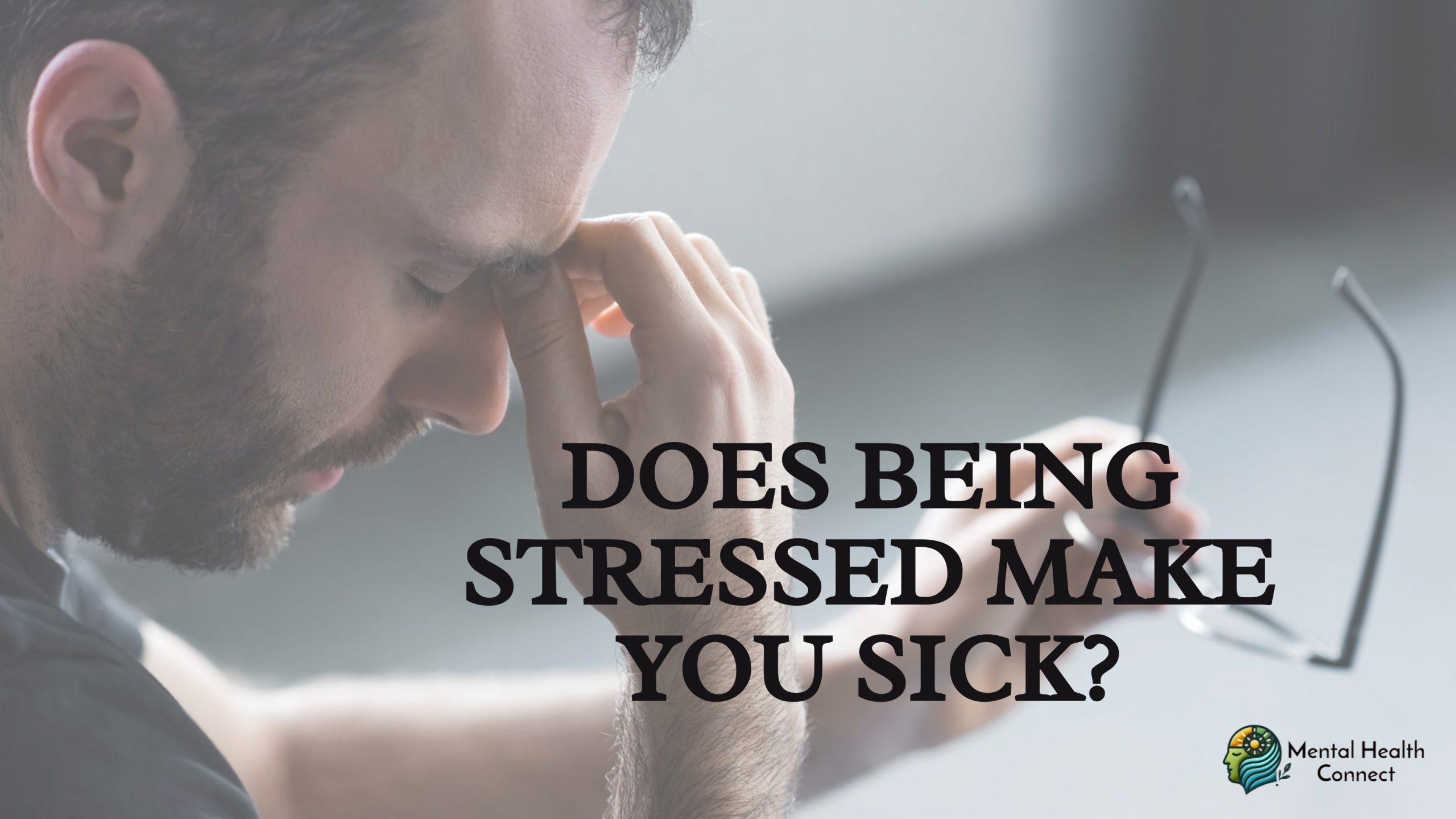
Does being stressed make you sick? The answer might surprise you, as the link between mental strain and physical health is more intricate than most people realize. Imagine your body as a complex system where emotional turmoil can trigger a domino effect of physiological responses that compromise your immune defenses.
Stress is no longer just a mental or emotional experience it’s a complex physiological response that can dramatically impact your overall health. When your body is constantly in a state of high alert, it triggers a cascade of hormonal and chemical changes that can weaken your body’s natural defenses. From increased inflammation to reduced immune function, the ways stress can affect your physical well-being are both profound and far-reaching.
What is the Stress-Illness Connection?
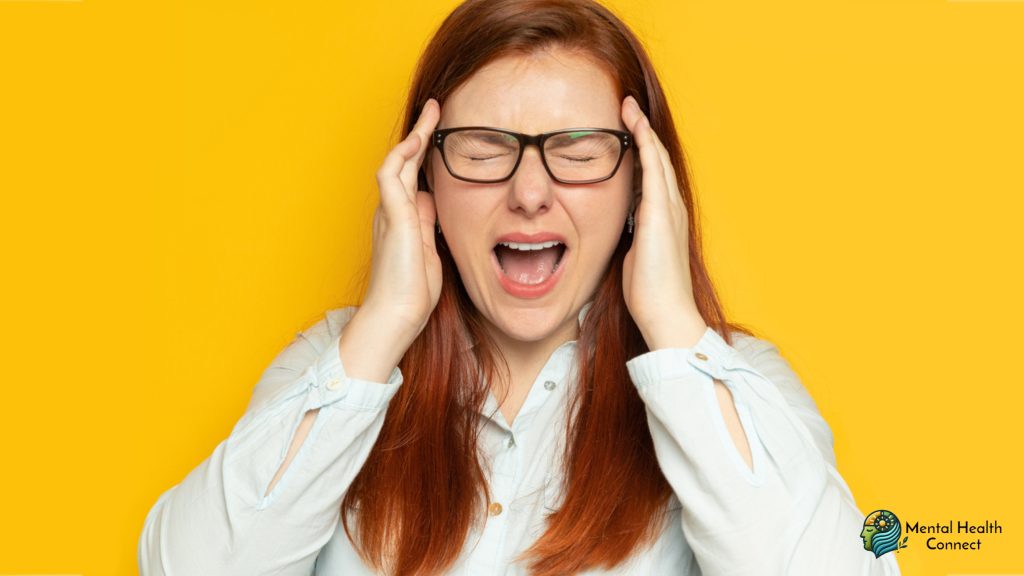
Stress is a complex physiological and psychological response that occurs when the body perceives a threat or challenge. At its core, stress triggers the release of hormones like cortisol and adrenaline, which prepare the body for a “fight or flight” response. When acute stress becomes chronic, it can create a perfect storm of biological disruptions that directly impact your immune system’s ability to protect you.
Key Physiological Mechanisms
- Hormonal Imbalance: Prolonged stress increases cortisol levels, which can suppress immune function
- Inflammatory Response: Chronic stress promotes systemic inflammation
- Cellular Damage: Stress hormones can reduce the body’s ability to repair and protect cells
Why is Understanding Stress and Illness Important?
The impact of stress on health extends far beyond temporary discomfort. Research shows that chronic stress can:
- Increase susceptibility to infections
- Trigger autoimmune disorders
- Accelerate cellular aging
- Compromise mental health and cognitive function
- Contribute to long-term chronic health conditions
How to Protect Your Health from Stress-Induced Illness?
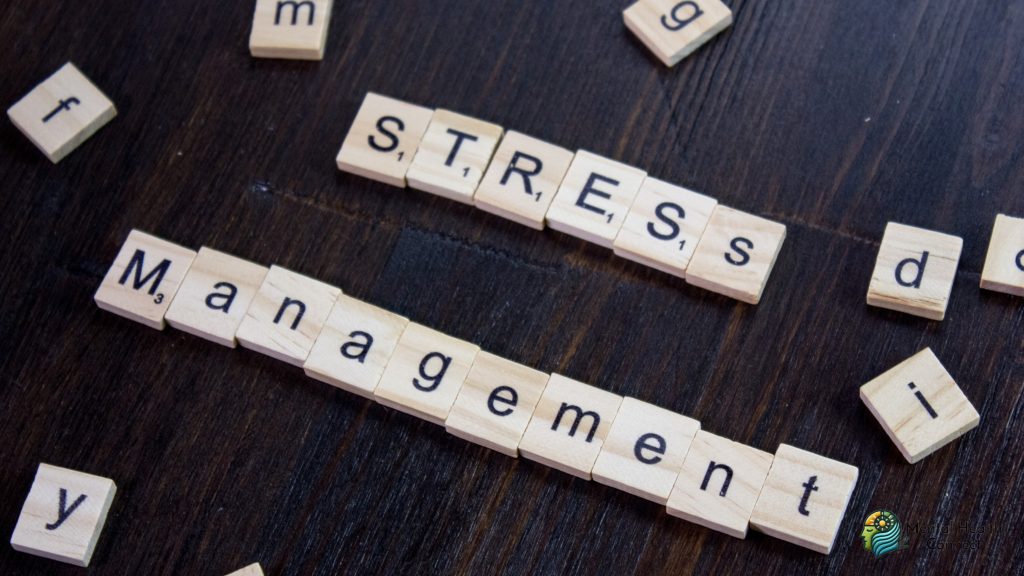
Immediate Stress Management Strategies
- Practice Deep Breathing: Activate your body’s relaxation response
- Regular Exercise: Boost immune function and reduce stress hormones
- Adequate Sleep: Allow your body to recover and rebuild
- Mindfulness Meditation: Reduce stress-induced physiological reactions
- Healthy Nutrition: Support immune system with balanced diet
Best Practices for Stress Resilience
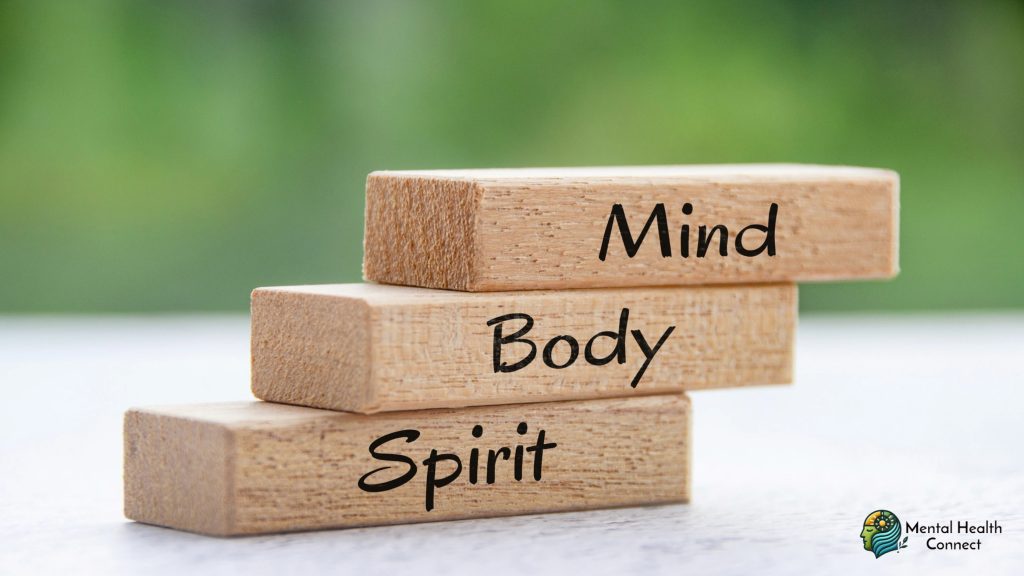
Holistic Approach to Stress Management
- Develop a consistent sleep routine
- Create clear boundaries between work and personal life
- Build a strong support network
- Engage in regular physical activity
- Practice regular health screenings
Common Mistakes in Managing Stress and Potential Solutions
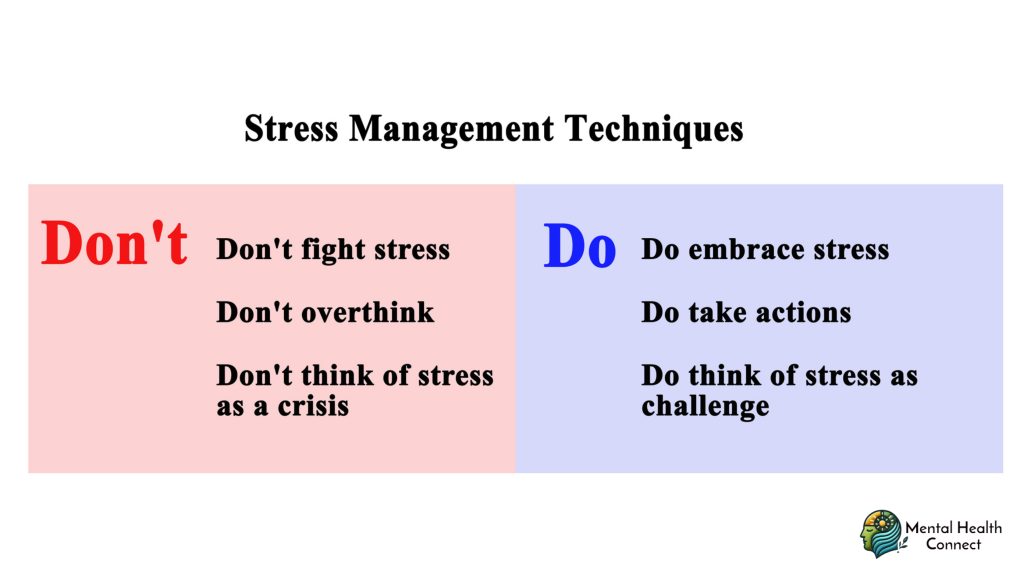
Pitfalls to Avoid
- Ignoring Stress Signals: Learn to recognize early warning signs
- Overcommitting: Practice saying no and setting realistic expectations
- Negative Coping Mechanisms: Replace unhealthy habits with positive alternatives
- Isolation: Seek support from friends, family, or professional counselors
Future Trends in Stress Research and Health
Emerging Insights
- Advanced biofeedback technologies
- Personalized stress management through genetic testing
- AI-powered mental health monitoring
- Integrated healthcare approaches combining mental and physical wellness
- Workplace wellness programs focusing on holistic stress reduction
Frequently Asked Questions About Stress and Health
Does being stressed make you sick?
Chronic stress can indeed compromise your immune system, making you more susceptible to illnesses. Prolonged stress increases cortisol levels, which can suppress immune function, reduce the body’s ability to fight infections, and trigger inflammatory responses.
How exactly does stress impact the immune system?
Stress hormones like cortisol can decrease the number of lymphocytes (white blood cells) that fight infections. This reduction makes your body less effective at defending against viruses, bacteria, and other pathogens, increasing your vulnerability to getting sick.
Can stress cause long-term health problems?
Beyond temporary illnesses, chronic stress is linked to serious health conditions including:
- Cardiovascular disease
- Autoimmune disorders
- Digestive issues
- Mental health challenges
- Increased risk of chronic inflammation
How quickly can stress affect my health?
The impact of stress can be immediate and cumulative. Short-term acute stress can temporarily suppress immune function, while chronic stress over weeks or months can lead to more significant health deterioration and increased illness susceptibility.
What are the first signs that stress is affecting my health?
Early warning signs include:
- Frequent minor infections
- Persistent fatigue
- Reduced wound healing
- Increased inflammatory responses
- Changes in sleep patterns
- Recurring headaches
- Digestive system disruptions
Are some people more vulnerable to stress-related illnesses?
Individual stress vulnerability varies based on:
- Genetic predisposition
- Overall health status
- Existing medical conditions
- Coping mechanisms
- Lifestyle factors
- Age and hormonal balance
Can managing stress actually improve my immune system?
Yes, proactive stress management can significantly boost immune function. Techniques like meditation, regular exercise, adequate sleep, healthy nutrition, and maintaining social connections can help reduce stress hormones and strengthen immune response.
Understanding the intricate relationship between stress and health is crucial for maintaining overall well-being. The evidence is clear: chronic stress can significantly impact your body’s natural defenses, creating a vulnerability to various health challenges. By recognizing the signs and implementing proactive strategies, you can mitigate the risks associated with prolonged stress.
Does being stressed make you sick? The answer is a resounding yes but it doesn’t have to be your reality. Your health is ultimately in your hands, and by taking deliberate steps to manage stress, you can strengthen your immune system, protect your physical and mental well-being, and create a more resilient, healthier life.
Take action today: start with one small stress-reduction technique, consult a healthcare professional, or begin a mindfulness practice that can transform your approach to stress and health.
-
 Can Mindful Porn Use Support Better Mental Health?April 25, 2025
Can Mindful Porn Use Support Better Mental Health?April 25, 2025 -
 Can Marijuana Help with Depression or Make It Worse?April 25, 2025
Can Marijuana Help with Depression or Make It Worse?April 25, 2025

Leave a Reply